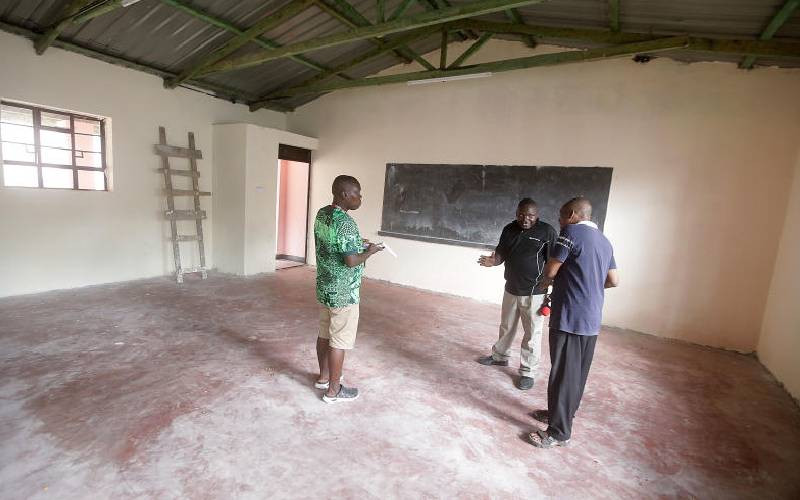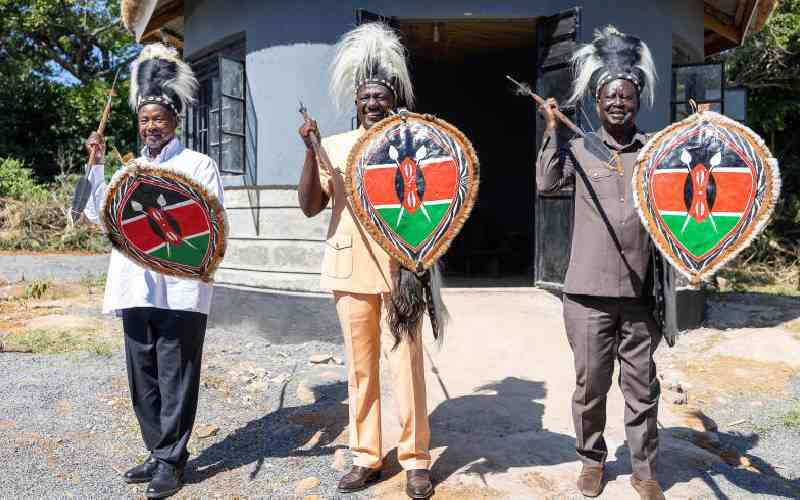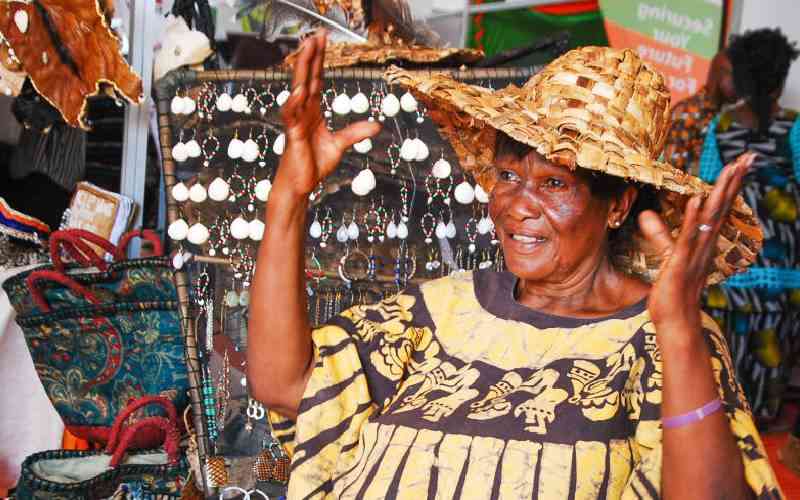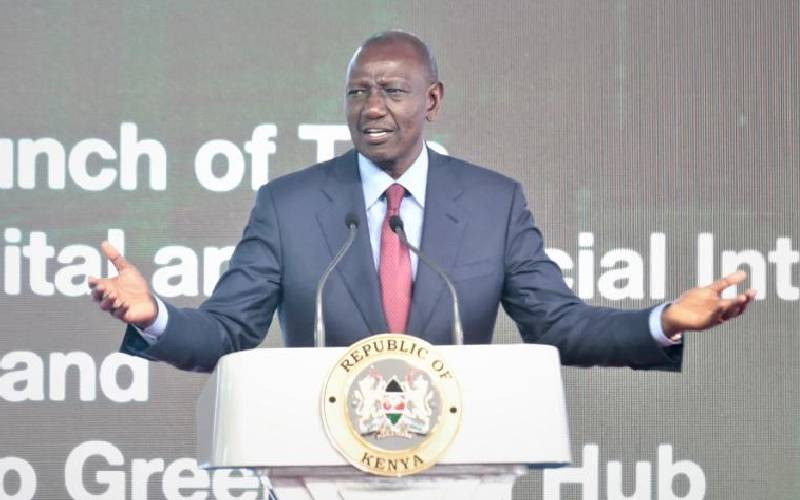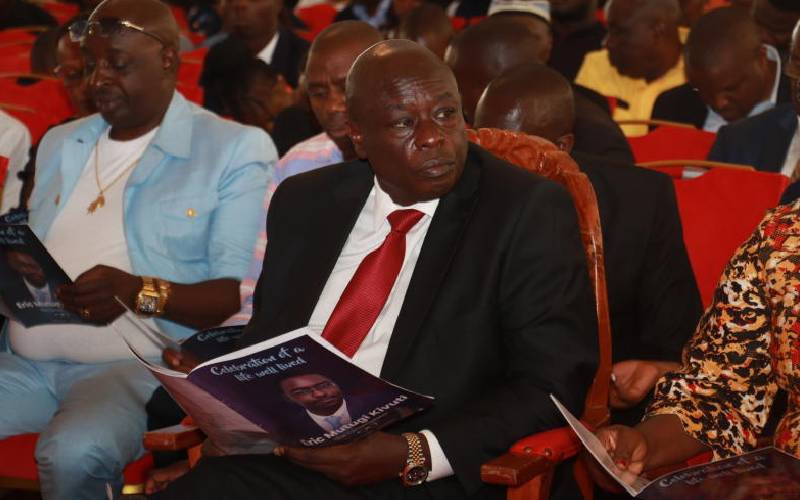By Mugambi Nandi
The world has gone on very well without anti-homosexual laws. However, since Uganda has met all the Millennium Development Goals, her leaders have had plenty of time to think about homosexuality and how to curb it. (This is besides attending a two-month training programme on how to use their newly acquired official iPads, a clear indication of mental acuity.)
Uganda has managed to eradicate corruption, adultery and all other vices. The only vice that has been standing in the path to a puritan Uganda is homosexuality. With that out of the way, the country is now on the fast lane to the Promised Land.
After initially declining to sign the anti-gay Bill into law, President Yoweri (Joel, we understand) decided to be guided by the old adage that “only a fool does not change his mind”. He changed his. For this, we have President Obama to thank.
Obama’s public disapproval of the new law had the unintended effect of dealing a severe blow to the rights of gay people in Uganda. By publicly warning Museveni against signing the law, he changed the issue from one of human rights to one of national pride and sovereignty. Museveni decided to bite the bullet, if only to demonstrate that he is man enough, and his country sovereign enough to show the United States the finger. The public signing of the law was more an act of defiance against the United States than a populist show to charm Ugandan voters. With the passing of the anti-gay law, Uganda legalised bigotry and homophobia. The issue of homosexuality is an emotive one. There are many reasons for this, not least because people are very interested in sex (doing it, discussing it, and thereafter condemning it). Homosexuality also happens to be one of the few topics on which a firm opinion can genuinely be expressed without the labour of thought.
No intellectual rigour is required in condemning homosexuality. It is sufficient to hide behind religion and culture, the perfect ingredients for bigotry. It is probably the only issue on which Christians, Muslims and African traditionalists are in full agreement, which is not a surprise considering their patriarchal roots.
Religion and culture have a way of creating, perpetuating and sanitising prejudices. These prejudices, disguised as high moral standing, lead to hatred, contempt and intolerance for other people on the basis of their gender and sexual orientation, and other differences. In defense of the new law, State House Uganda tweeted that a poll conducted by one of the local television stations had shown that 96 per cent of Ugandans were in favour of the anti-gay law. In our view, this proves nothing except that 96 per cent of those who participated in the poll were homophobic bigots. It is sad that the rights of minorities are to be determined on the basis of what the majority think.
How many in this majority have really thought through the reason why it is their business what two consenting adults do in private?
One of the outcomes of the anti-gay law in Uganda is that it has created employment. We understand that previously idle villagers and town dwellers are at this moment fully engaged in the business of spying on their neighbours with a view to detecting and weeding out the gay ones. These moral policemen are said to be administering instant punishment (by way of beating and lynching), upon anyone who might be suspected of harbouring romantic feelings towards a person of the same sex. Social media has it that Ugandan men are now afraid of pronouncing the words “I love Jesus” for fear of being caught by the neighbourhood watch.
For these and other reasons, we shall think very carefully about the East African Community when the referendum finally gets here.
 The Standard Group Plc is a
multi-media organization with investments in media platforms spanning newspaper
print operations, television, radio broadcasting, digital and online services. The
Standard Group is recognized as a leading multi-media house in Kenya with a key
influence in matters of national and international interest.
The Standard Group Plc is a
multi-media organization with investments in media platforms spanning newspaper
print operations, television, radio broadcasting, digital and online services. The
Standard Group is recognized as a leading multi-media house in Kenya with a key
influence in matters of national and international interest.
 The Standard Group Plc is a
multi-media organization with investments in media platforms spanning newspaper
print operations, television, radio broadcasting, digital and online services. The
Standard Group is recognized as a leading multi-media house in Kenya with a key
influence in matters of national and international interest.
The Standard Group Plc is a
multi-media organization with investments in media platforms spanning newspaper
print operations, television, radio broadcasting, digital and online services. The
Standard Group is recognized as a leading multi-media house in Kenya with a key
influence in matters of national and international interest.

